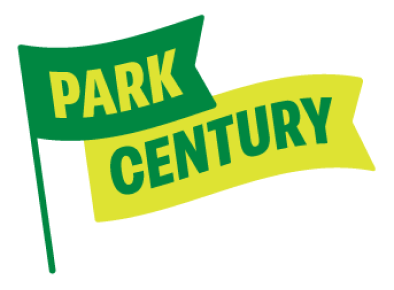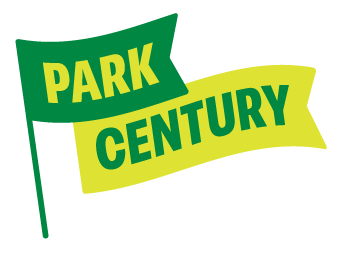Why PCS?
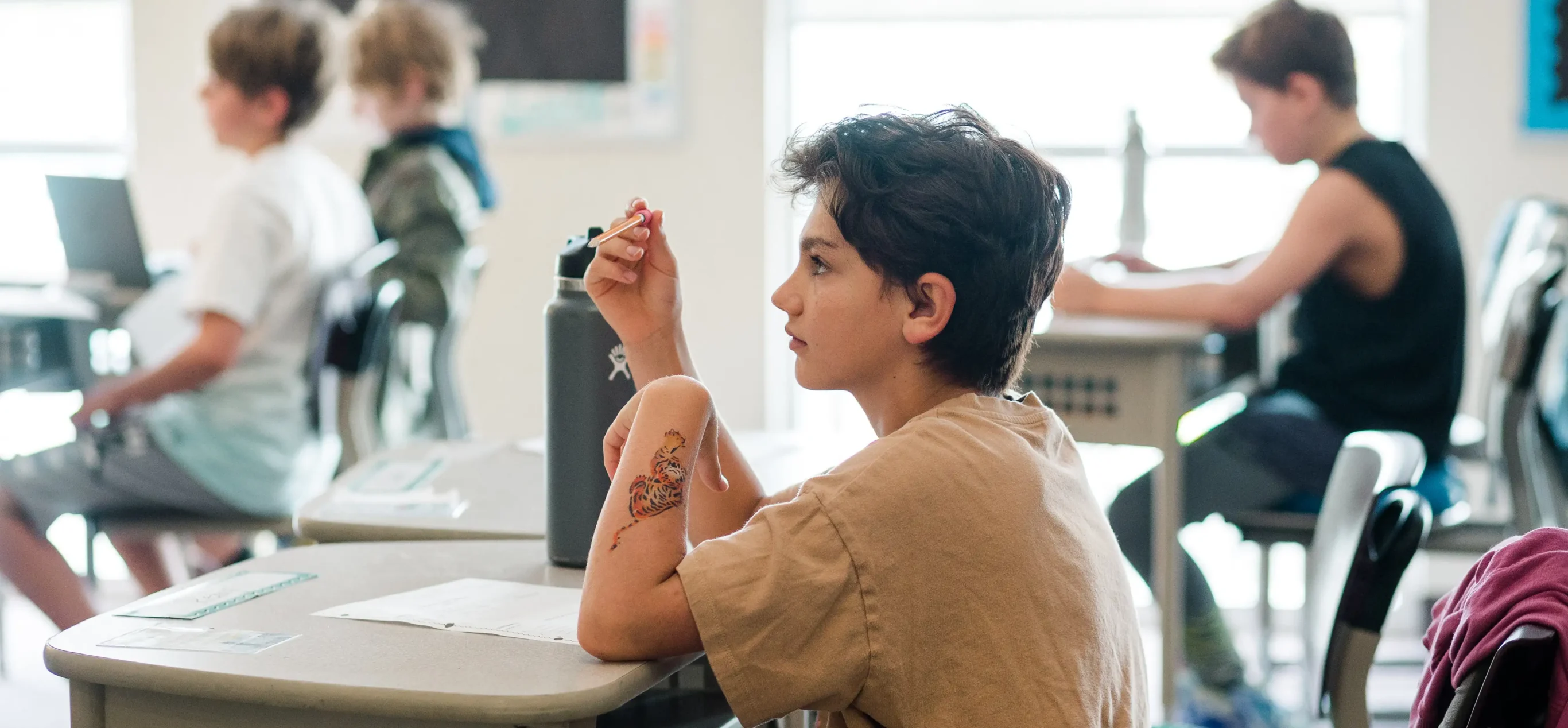
Why families choose Park Century School
As a parent looking for a school that can support your child’s learning differences, your journey starts in researching many options and weighing the best ones for your family. Park Century offers an exceptional education for children with qualifying academic needs, and we’d love to tell you why.
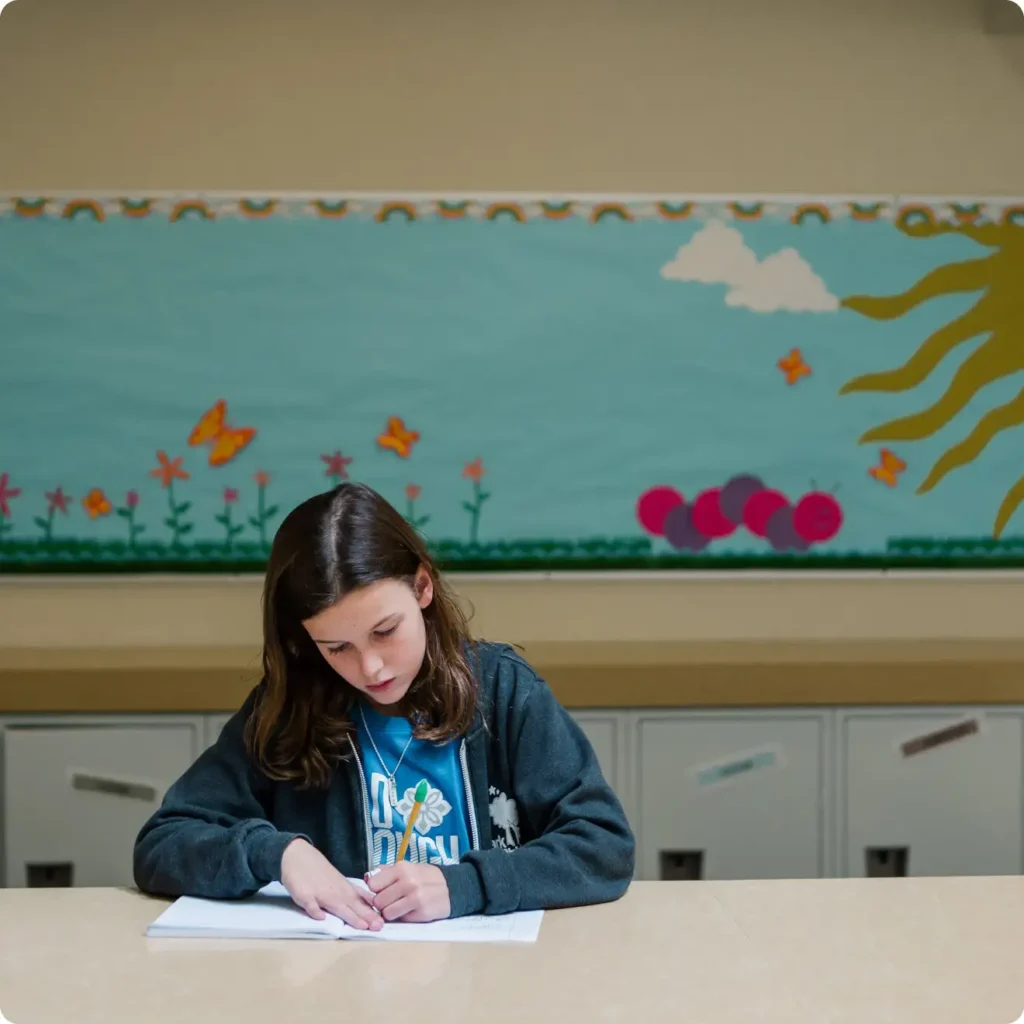
Tailored instruction
We crack the code.
Children with learning differences have a unique brain function that processes reading and writing differently. Our teachers and specialists are highly trained to tailor instruction to each student’s specific needs.
Supporting Self-advocacy
I don’t need to be fixed, I just learn differently.
We empower your child to advocate for the tools they need to learn. They develop skills and gain the confidence to communicate their learning style. Park Century works to provide a foundation that other children receive in order to set up our students for lifelong achievement.
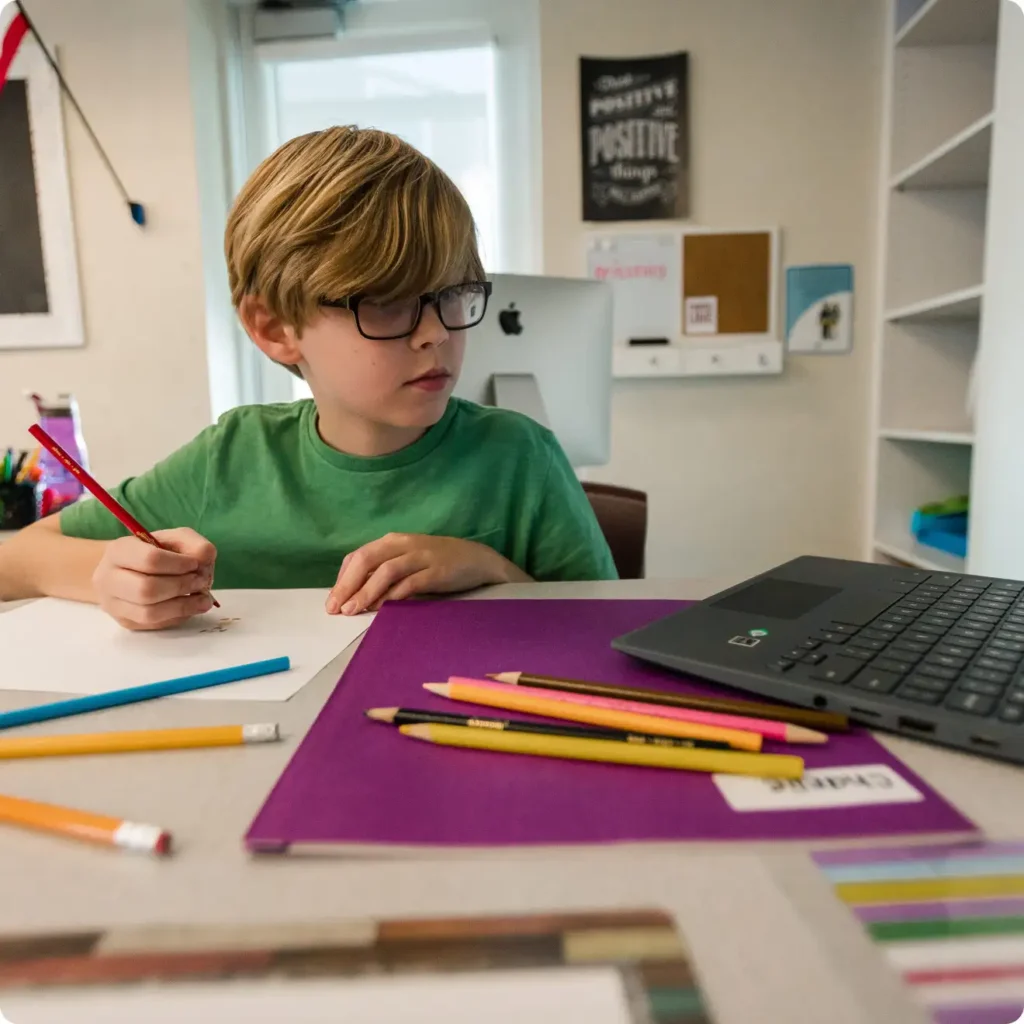
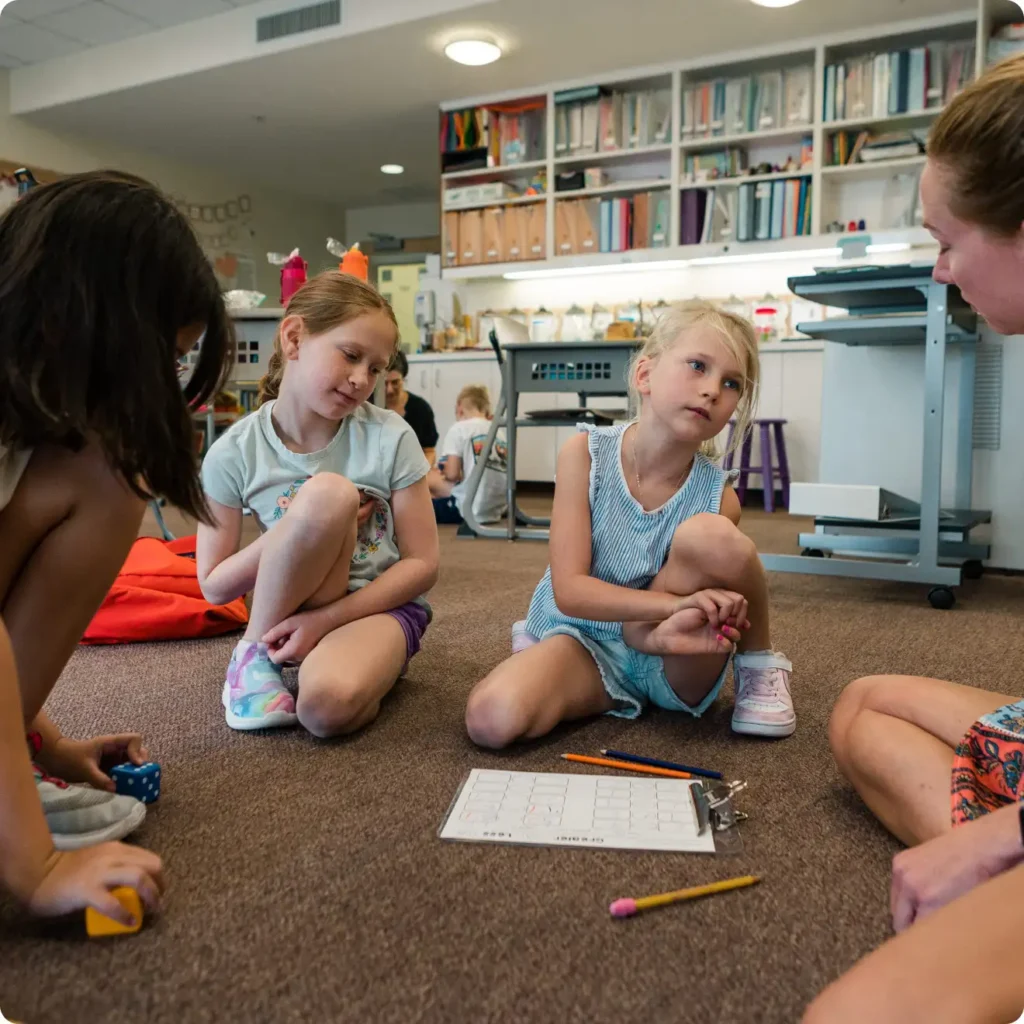
We look at the whole child
Education is more than just academics.
We incorporate Social-Emotional Learning (SEL) to help children develop healthy identities, manage emotions, achieve personal and collective goals, work on a team, build supportive relationships, practice empathy, and make responsible decisions.
Our success stories
Witness profound transformations.
We are inspired by the life-changing experiences that families share with us, from renewed joy and confidence in their child to academic triumph in their middle school years and beyond.
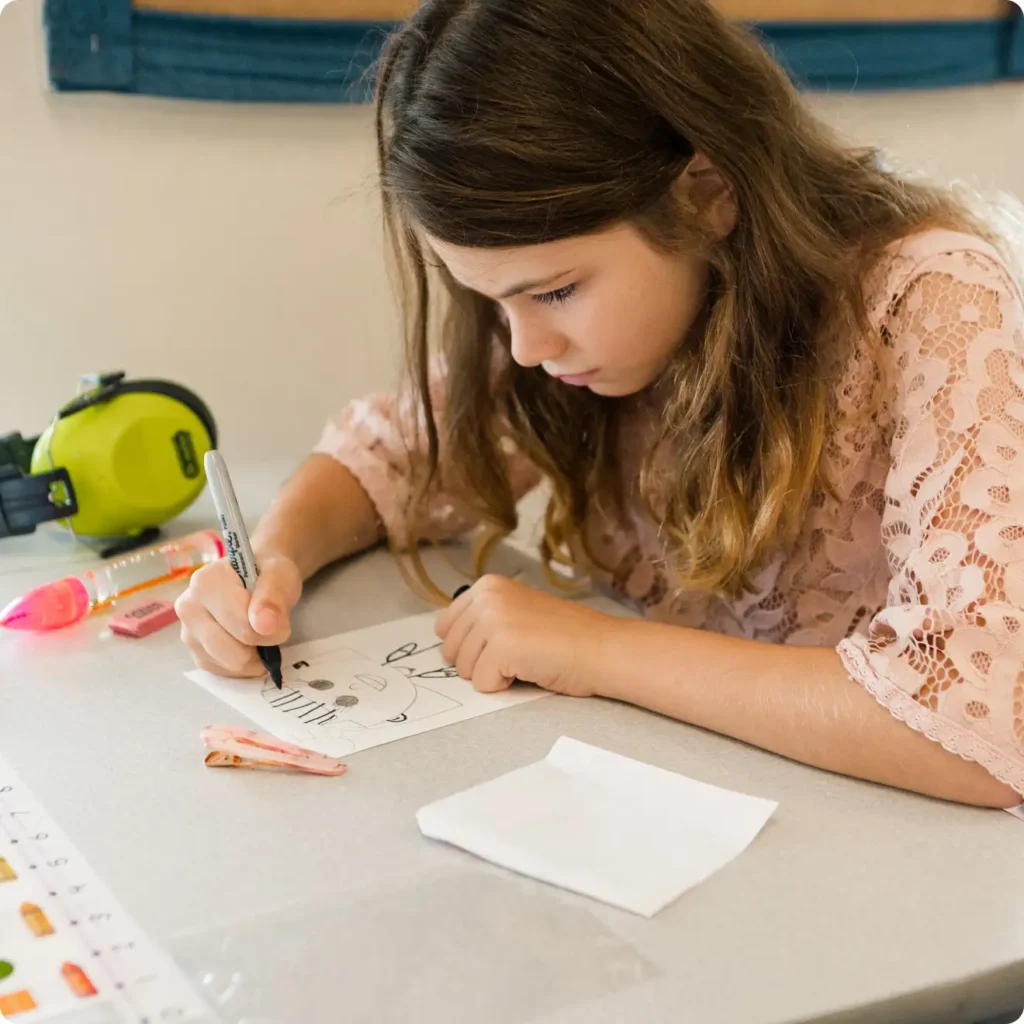
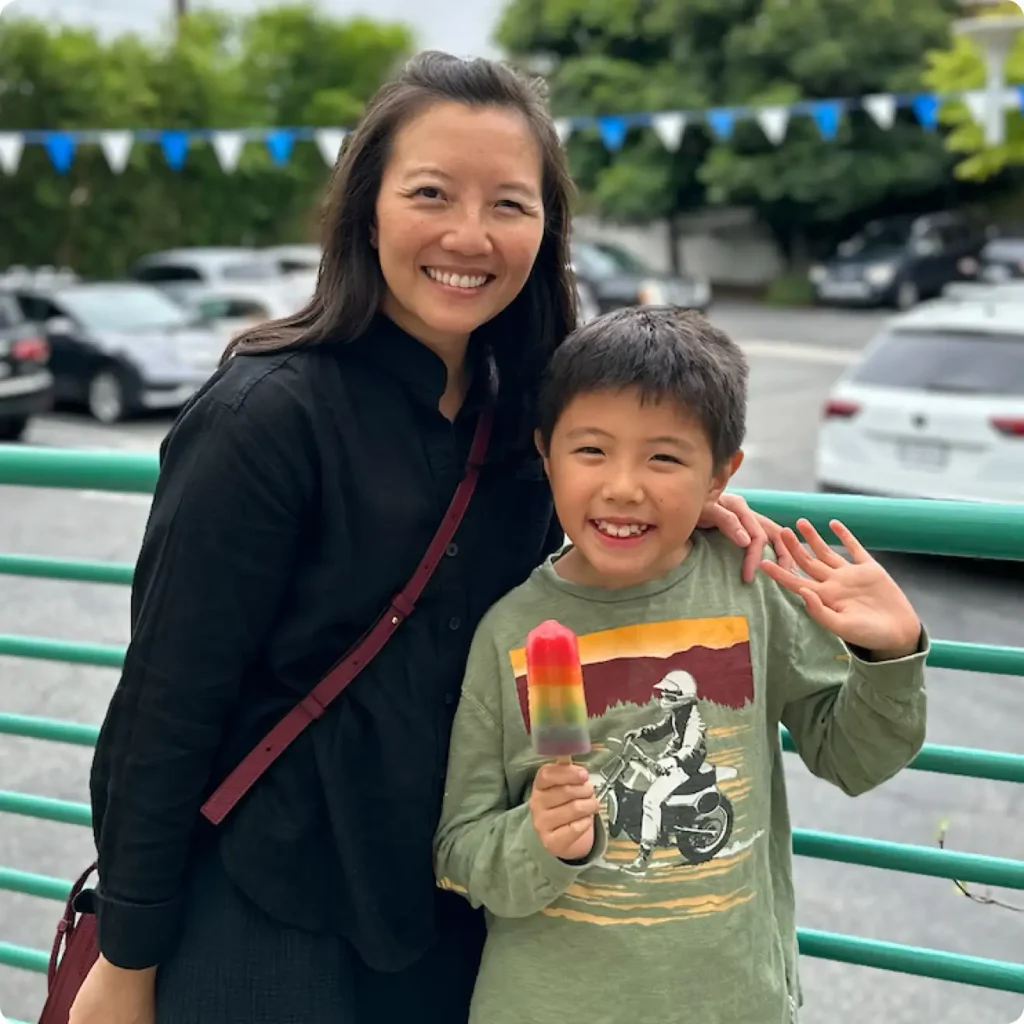
Our parent community
Bonding through shared experiences.
We embrace our parents with respect and understanding and encourage them to participate in our Parents Association. The Parents Association hosts monthly meetings, provides resources, and supports families through their child’s educational journey.
Who Is The PCS Student?
Park Century’s program is specifically tailored to meet the needs of children with a primary diagnosis of language-based learning differences who have average to superior intellect. Students who apply to Park Century have not yet unlocked the extent of their abilities. Problems with the acquisition of reading, writing, and/or math have created academic challenges for the Park Century student.
We believe that children who learn and think differently can triumph over their differences and excel in school and life.
A typical Park Century student has a primary diagnosis of a language-based learning difference, such as Dyslexia, Dysgraphia, Dyscalculia, or another processing deficit. Often, this is combined with a diagnosis of ADHD, which impacts their executive functioning and metacognition. Our evidence-based program utilizes the latest research on brain plasticity and neurodiversity, allowing us to celebrate your child while also addressing academic challenges.
The goal of our admissions process is to determine whether your child’s academic needs will be served most appropriately by attending our school. The school is not equipped to meet the needs of children with low cognitive function, who must attend school with a behaviorist or therapeutic companion, or who have a primary diagnosis of behavioral conduct disorder.
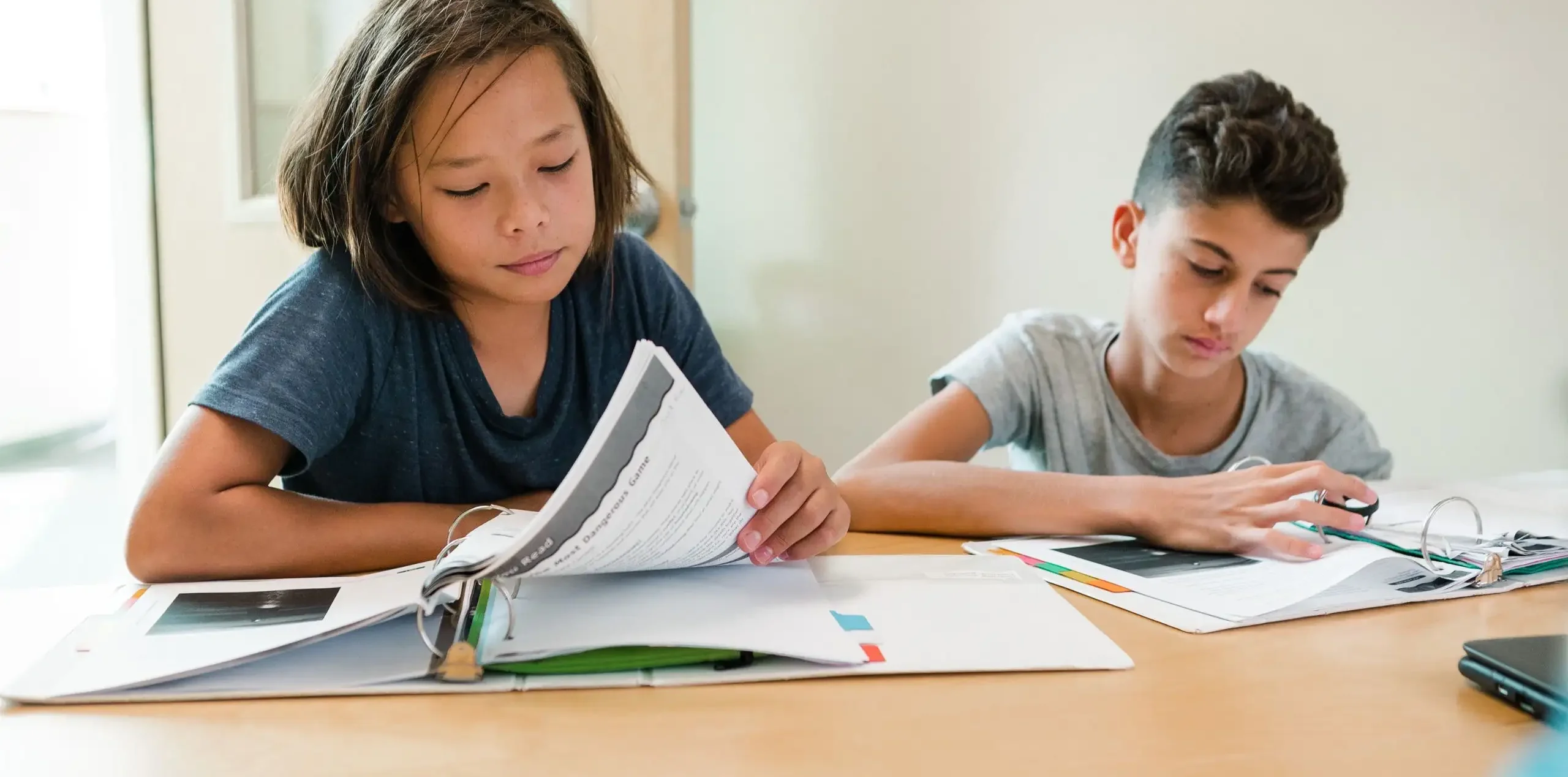
<span data-metadata=""><span data-buffer="">Why the Middle School years are key for neurodivergent learners
As your child transitions to middle school, their instruction is adjusted in anticipation of the more rigorous demands they will experience in high school. The Middle School program includes a special focus on executive functioning, character education, study skills, and self-advocacy.
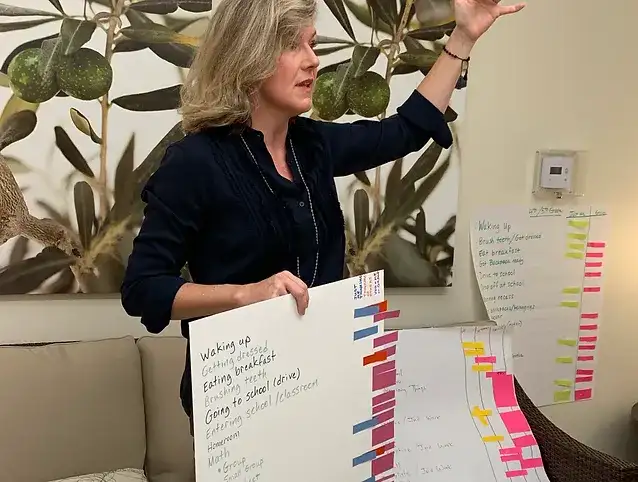
Executive functioning
Mental processes like planning, organizing, strategizing, remembering details, following directions, and keeping motivated are used to learn, work, and manage the anxieties of daily life.
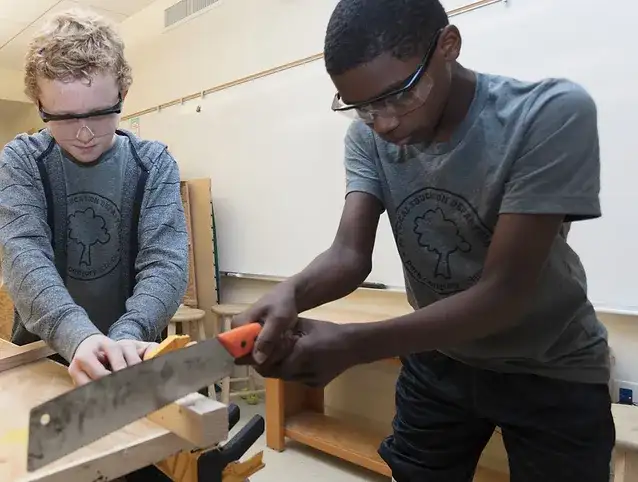
SOCIAL EMOTIONAL LEARNING (SEL)
Students engage in SEL opportunities through service learning, advisory, RULER, social thinking, and Panther Packs.
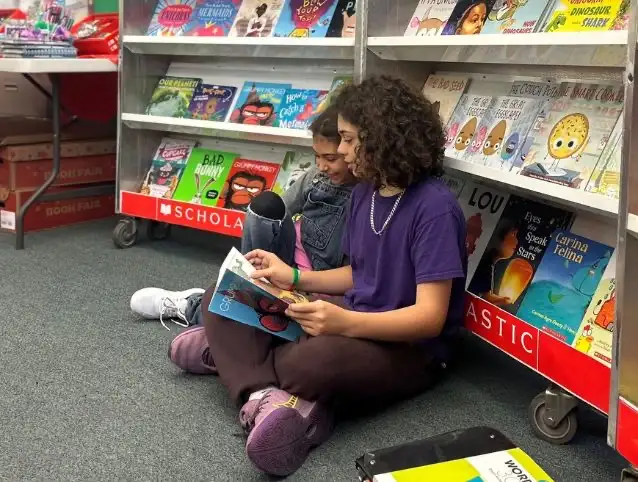
Study skills
Students are systematically taught study skills, beginning with organization, materials management, and time management. All content area teachers guide students through note-taking, study guide creation, and effective studying strategies.
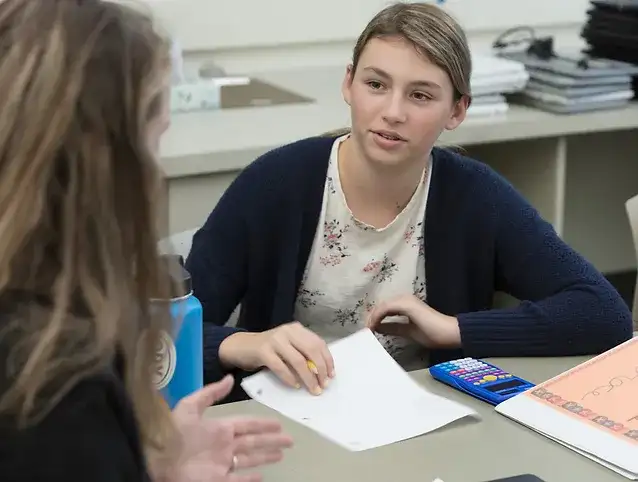
Self-advocacy
Each 8th grader writes, produces, and presents biographical documentaries explaining their learning challenges and their gradual journeys in self-advocacy, self-reflection, and understanding.
